SB 1383 (Lara, 2016) is part of California’s work to cut waste sent to landfills and pollution from landfills that heats our planet. This is the most prescriptive change to waste management legislation California since AB 939.
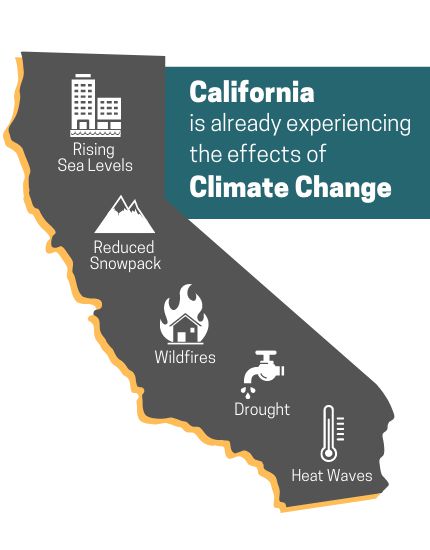
Fight Climate Change’s Impact on Californians by Recycling Organic Waste
Organics like food scraps, yard trimmings, paper, and cardboard make up half of what Californians dump in landfills. Organic waste in landfills releases:
- 20% of the state’s methane, a climate super pollutant 84 times more potent than carbon dioxide.
- Air pollutants like PM 2.5, which contributes to health conditions like asthma.
Recycling organic waste and recovering edible food is a fast track to fighting climate change and improving public health and the environment.
How organics recycling and unsold food recovery help California communities:

Cut climate pollution and other air pollution from landfills.
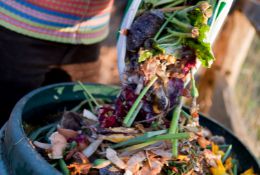
Less recyclable material in landfills

Millions of meals directed to the 1 in 5 Californians without enough to eat
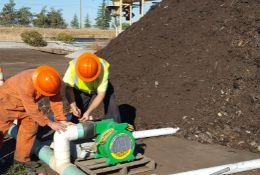
15,000 new permanent green jobs

New recycled products like compost and clean energy.

Lowers climate pollution equal to 3 million cars off the road a year
Jurisdictions Lead the Implementation of SB 1383
Jurisdictions play a vital role in implementing SB 1383 and are responsible for the following requirements:
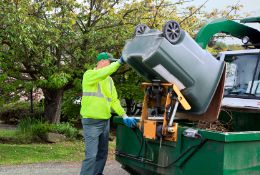
Providing Mandatory Organics Collection Services to All Residents and Businesses
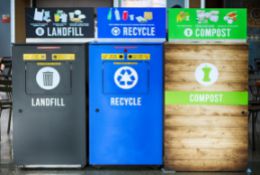
Conducting Education and Outreach to the Community
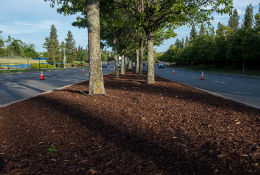
Procuring Recycled Organics Products

Establishing Food Recovery Programs
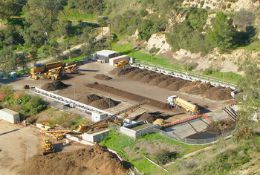
Securing Access to Recycling and Food Recovery Capacity

Monitoring Compliance and Conducting Enforcement
Beyond Waste Management and Recycling Operations
Every department within a jurisdiction will be affected by the implementation of SB 1383 and will have a role to play. Staff in every department will need to understand how SB 1383 impacts their work, and implementation may require adding staff or contracting with other entities, such as environmental health inspectors or consultants.
Jurisdictions may need to increase funding and staffing resources across multiple departments and divisions to support their respective roles in implementing and maintaining SB 1383 compliant programs.
Jurisdictions are responsible for coordinating with city and county planners, waste haulers, waste processing facilities, recyclers, commercial businesses, residents, and edible food recovery organizations. Jurisdictions may task the following entities with responsibilities to implement this new law.
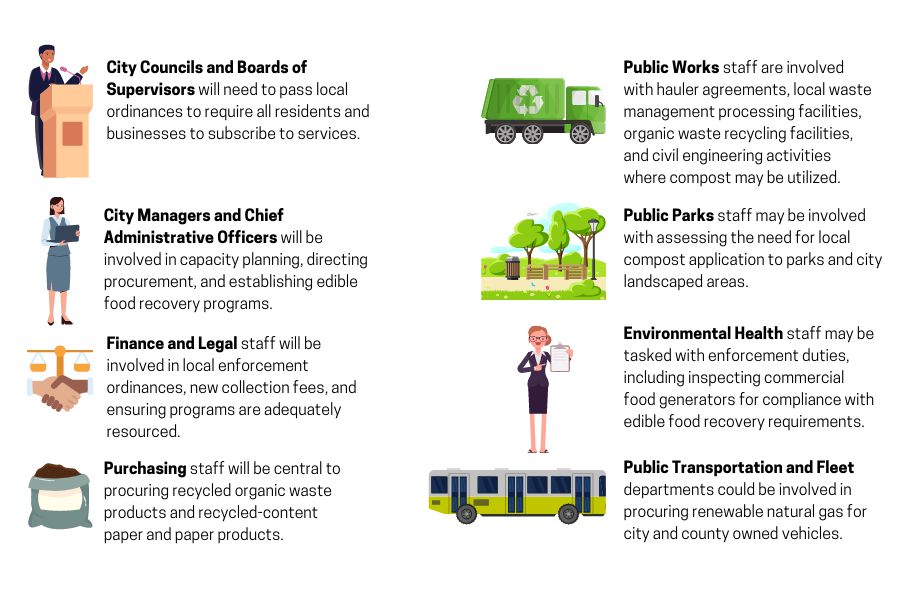
Penalties for Noncompliance
Jurisdictions, organic waste and edible food generators, facilities, and haulers are all subject to penalties for non-compliance.
Each jurisdiction is responsible for conducting appropriate oversite of hauler collection and processing contractors, consultants, and other third-party entities, as applicable.
Ultimately, each jurisdiction is accountable for generators’ compliance, and CalRecycle may fine or penalize the jurisdiction for non-compliant programs beginning in 2022.
Detailed Guidance Document: SB 1383 Compliance Process
For more information contact: Short-Lived Climate Pollutants (SLCP), Organic Waste Methane Emissions Reductions, SLCP.organics@calrecycle.ca.gov
